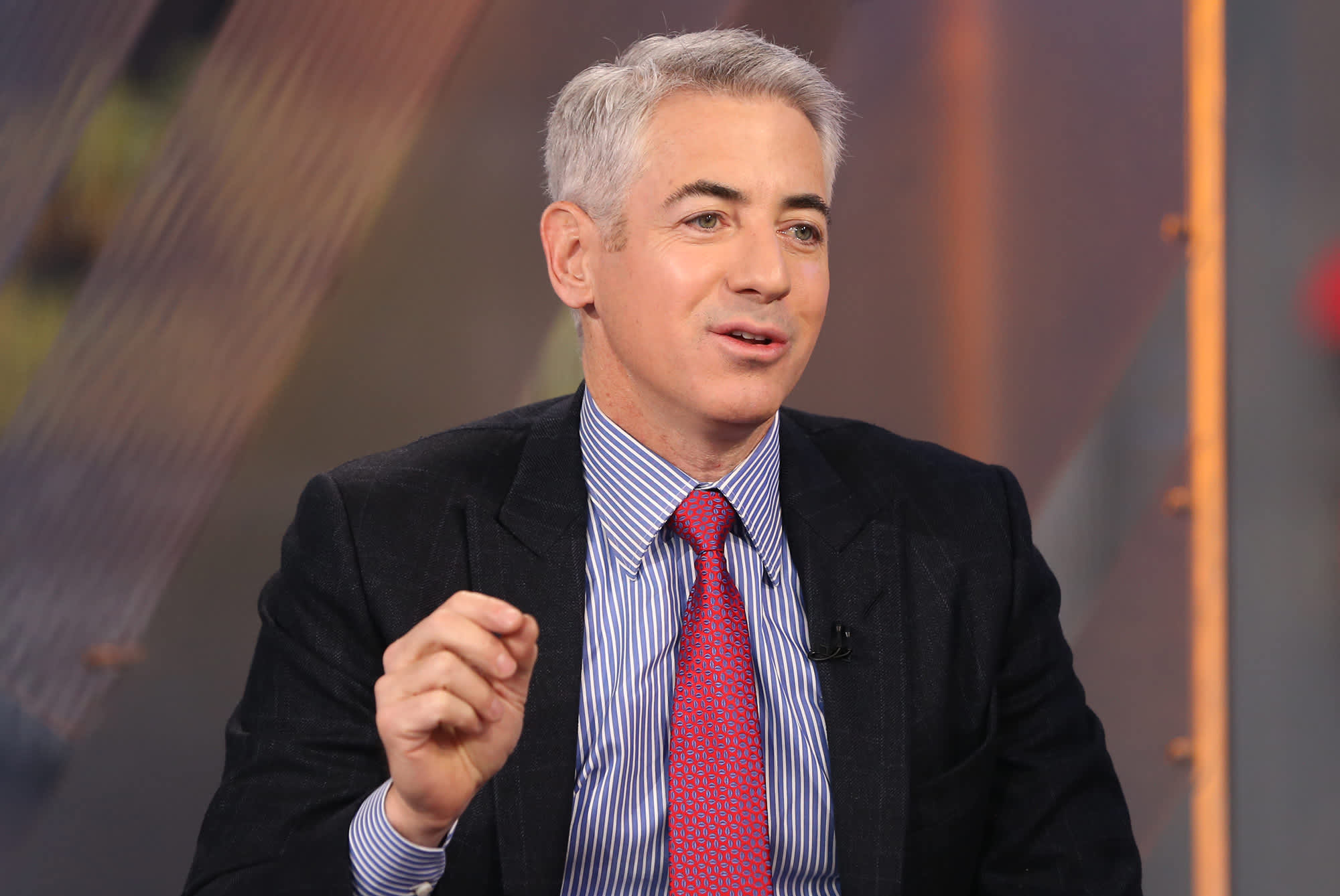
Pershing Square manager Bill Ackman exited his market hedge positions earlier this week and used the more than $2 billion in proceeds to bulk up on his fund’s existing stakes as well as reinvest in coffee chain Starbucks.
In a letter to Pershing stakeholders dated Wednesday, Ackman said the fund completed the exit from his bets against the market on March 23 and generated $2.6 billion compared with premiums paid and commissions totaling $27 million. He first announced his market hedges on March 3.
“The federal government and the U.S. Treasury have intervened in financial markets in an unprecedented fashion, and the Congress is on the brink of passing legislation which will help bridge the economy and our country’s workforce and citizens during what we believe to be a temporary but massive economic shock,” Ackman wrote.
For those reasons, “we became increasingly positive on equity and credit markets last week, and began the process of unwinding our hedges and redeploying our capital in companies we love at bargain prices,” he added.
Ackman said he used the influx of cash to add to Pershing’s existing investments in Agilent, Berkshire Hathaway, Hilton, Lowe’s and Restaurant Brands. The fund also purchased “several new investments including reestablishing our investment in Starbucks,” which it had closed in January.
The billionaire investor explained that Pershing’s market hedges included credit protection on various investment-grade and high-yield credit indexes. Ackman said that since Pershing was able to purchase the hedges at near-all-time tight levels of credit spreads, the risk of loss was “minimal.”
That bet proved prescient ahead of one of the worst market sell-offs in the modern era as the S&P 500 and Dow Jones Industrial Average plunged more than 30% through Friday from their recent highs as the coronavirus and measures to contain its spread worried economists that the U.S. economy is headed toward a recession.
The spike in volatility and steep equity losses have in turn forced the Federal Reserve to embark on a host of massive easing programs to help ease stressed credit markets. The central bank announced Monday that it will purchase corporate bonds and not just U.S. Treasurys, providing unprecedented support for investment-grade corporate debt.
But for Ackman, the coronavirus remains a calamitous problem that he thinks will continue until the U.S. government locks down the country for one month.
“We believe that the federal government will soon initiate a total-US shutdown with a defined reopening date about 30 days later,” Ackman wrote. “If the federal government does not impose such a lockdown, we believe it is likely that effectively all fifty states will do so eventually, with the additional delay costing many thousands of more lives, and much greater economic destruction.”
The investor last week encouraged President Donald Trump to shut down the country for a sort-of “Spring Break.”
“Mr. President, the moment you send everyone home for Spring Break and close the borders, the infection rate will plummet, the stock market will soar, and the clouds will lift,” he wrote on March 18. “We need your leadership now!”
Ackman revealed to CNBC’s Scott Wapner he went into lockdown almost a month ago to save the life of his father, who is immuno-compromised.
“You look at the beaches at Fort Lauderdale: Unfortunately, they’re packed with 18-to-22-year-olds having the time of their lives, spreading the virus,” he told CNBC on March 18. “Everyone feels, you know, ‘99% chance I’ll be OK!’ … But it’s not you: It’s the person you give it to. I am not going to kill my father, OK?”
Subscribe to CNBC PRO for exclusive insights and analysis, and live business day programming from around the world.



